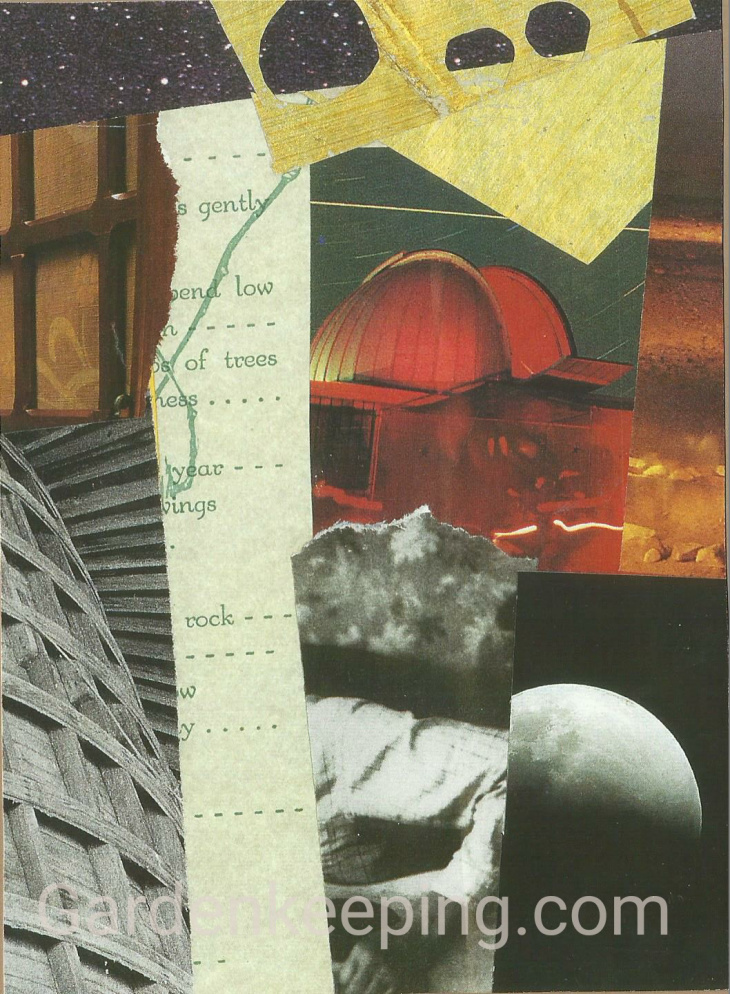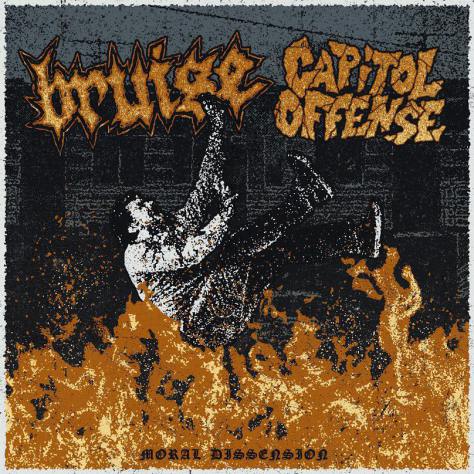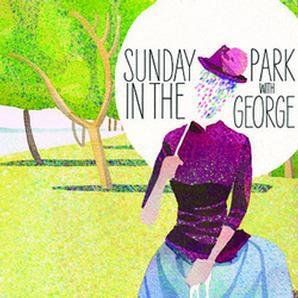Download links for: The Moral Landscape: How Science Can Determine Human Values


Reviews (see all)
Write review
One of the four horsemen of New Atheism, Sam Harris, has taken up the challenge to the enduring ethical dilemmas brought about by the is-ought distinction and the naturalistic fallacy in a gallant effort to refuse to religion its longtime monopoly on universal morality. Harris' argument is pretty straightforward. The is-ought distinction does not mean that science cannot determine human values, only that being scientific in of itself is not enough to be valued. This strict dichotomy is unrealistic as scientists do work with a code of ethics in their field, much as the medical profession does. Science itself is built on a certain moral view, that we should use evidence gathered by repeated observation to improve health and the quality of life. He goes on to his main argument that since all feelings be they right or wrong are dependent on physical states of the brain, then science which gives us knowledge of these brain states can discern what leads to "good" brain states and minimizes "bad" brain states. The is-ought gap is closed. I agree so far, that is-ought is not an absolute wall of separation and understanding morality is based somewhere in facts. But Harris' next task is to articulate what exactly is the criterion for good and bad. He asserts it to be "the flourishing of conscious creatures" or "the maximization of total well-being for conscious creatures". By well being he means the age old concept of happiness. We should want more of what is good for us and less of what is bad. That certainly makes us happy when the good outweighs the bad. His moral landscape is a thought experiment in which morals can be seen as a landscape of high peaks correlated with the greatest joys and pits of the worst suffering. Harris wants to use science to steer us away from the deepest pits and towards the peaks using the knowledge of science, much as we would use to navigate our surroundings with GPS. The biggest problem with The Moral Landscape is, why is happiness good? What makes it so? I can assert that suffering is good and pleasure is bad and not either be in logical contradiction or factually wrong. The naturalistic fallacy plays here even if Harris does get past the is-ought distinction which I think he makes a decent argument. The naturalistic fallacy, often mistaken to be the same as is-ought, is that just because something is desirable does not make it good. That is because I can desire what is bad for me and others. I can eat rat poison, I can steal and harm others and enjoy it while I am doing it. Modern economics and much of psychology works on the assumption that everybody pursues what they believe to be in their own interest even if it is not. Harris in identifying happiness with states of the brain must mean that pleasure defines the good. Harris can equivocate and say that there are higher forms of happiness beyond sensual pleasures like eating and sex, but why are these higher? Because they give us more enduring and more powerful pleasure, but still are based in pleasure. Harris ends up with a sort of Utilitarianism where we ought to maximize everybody's happiness defined in a general state of well-being. But there is the additional question of why maximize someone else's happiness? I know the practical benefits this gives, but why not egoism? He gives the neodarwinian account of how alturism became adaptive, to advance our genes by favoring kin and by engaging in reciprocity. Utilitarianism isn't about pleasing others to pleasure ourselves, but is the position that happiness is agent neutral, everyone's happiness is the same. Why ought we take the well-being for ALL conscious creatures and not just ourselves, as egoism would entail? Egoism itself does not have to be universal, look at Max Stirner. Harris elevates happiness of all to a universal moral principle based in facts without convincing me why 1) happiness is to be desired, not just that it is desired and 2) I ought to maximize the happiness of everybody. In opposition to Harris, check out A.J. Ayer and R.M. Hare who promote non-cognitivism, moral propositions are not right or wrong but just expressions of approval or commands.
Disclosure: I just love Sam Harris!This is a book in which Sam Harris brilliantly argues for the case that science actually have a say when it comes to moral philosophy. First, we must agree to the premises that moral wrongs are the kinds of "actions" which tend to decrease human flourishing and/or causes suffering, and that moral goods are constituted of "actions" which tend to decrease suffering and/or contribute to human flourishing. Then we must agree that we are capable of telling the former from the latter in most cases, even though we can't always have laser like precision when it comes to those judgements . If we can agree to these two premises, it should also follow that what is morally right should not depend on popular belief, culture, scripture etc, but can actually be assessed in a logical way, often with the help of science.The "Moral Landscape" has hilltops (human flourishing) and valleys (human suffering). There are not just one valley, but many. There are not just one hilltop, but many. One specific hilltop is not necessarily better than another comparatively high hilltop, and one specific valley is not necessarily worse than another comparatively low valley. There is often no Right answer when it comes to moral philosophy. However, this doesn't mean that we/science are not able to tell an hilltop from a valley, and a really high hilltop from a fairly low one.This book is a must read for anyone interested in moral philosophy. Strike that! This book is a must read for anyone even slightly interested in humanity and our life on this planet!
The day will come, and cultural relativism will be over
Excellent. Very thought provoking dose of realism.
Other books by Nonfiction
Other books by Sam Harris
Related articles












